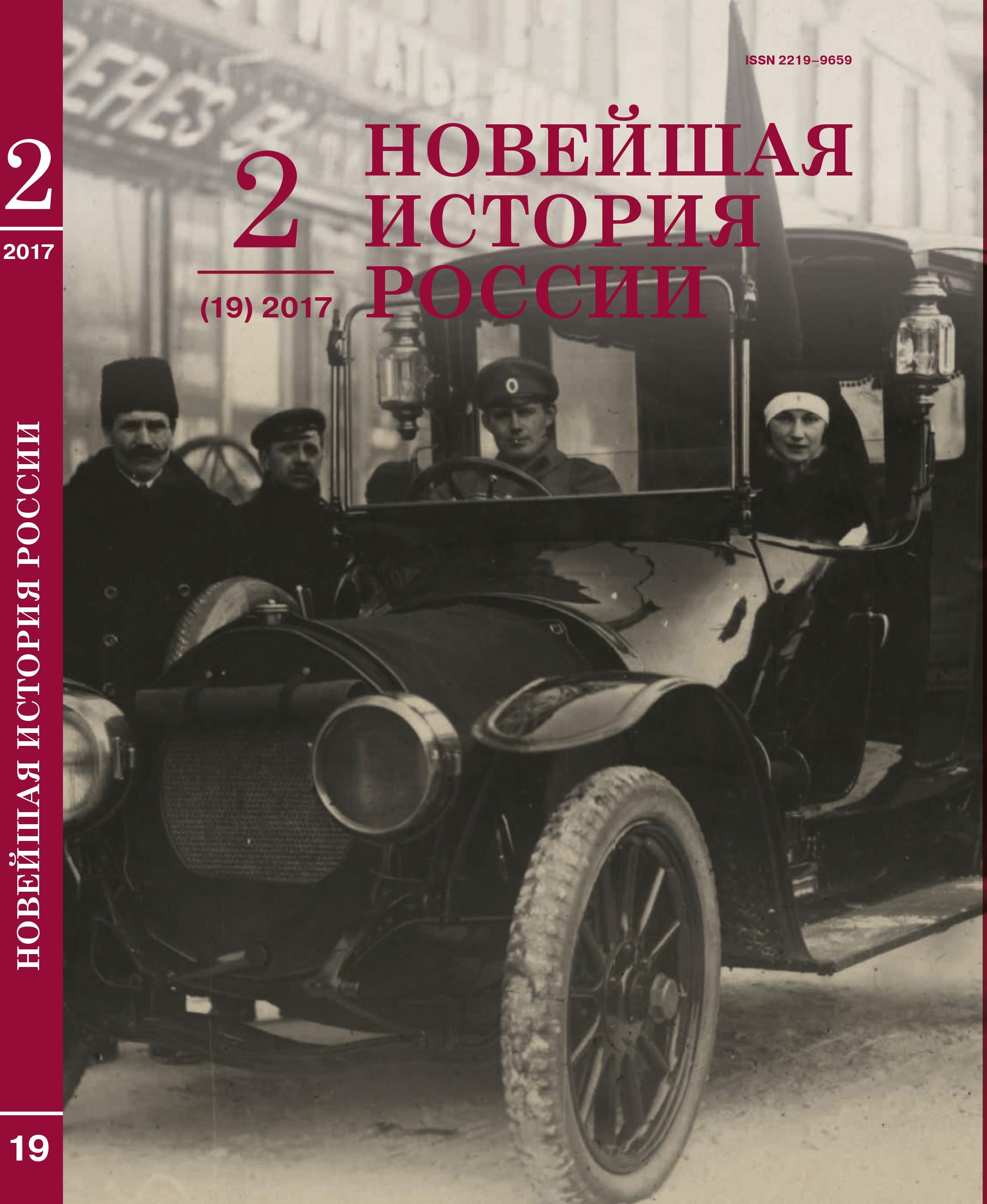Старообрядчество и власть в постсоветской России
Old Believers and Authority in the Post-Soviet Russia
Author(s): I. I. VerniaevSubject(s): History, Cultural history, Ethnohistory, Recent History (1900 till today), Politics and religion, Transformation Period (1990 - 2010), Present Times (2010 - today)
Published by: Издательство Исторического факультета СПбГУ
Keywords: Old Believers; post-soviet period; Russian history; confessional policy; legislation; religious sphere; interfaith relations;
Summary/Abstract: The paper discusses the main achievements and problems in the relationship of Old Believer communities and the state in the last quarter of a century — in the post-Soviet period of Russian history. Old Believers communities came to the beginning of this stage of its history largely weakened. Accordingly, there were pressing task of revival, increasing a number of parishes, reconstruction of religious infrastructure, development of new models of relations with the state, the Russian Orthodox Church and the society. The paper considers the postsoviet key legislation in religious sphere and its impact on the Old Believers communities, legal opportunities and restrictions for as Old Believers, their adapting to state policy at both the federal and at the regional level. The article analyzes both positive aspects of the relationship of the Old Believers and state and conflict issues between them. Special attention is paid to the discussions within the Old Believer community regarding the optimal balance between, on the one hand, the autonomy of churches and, on the other hand, their openness, proximity and contacts with government agencies, other religions, society as a whole. It is concluded that the basic conditions for the development of the Old Believers’ confessions, the most important problems are solved in the last decades. Currently, further development of the Old Believers’ confessions depends on their internal efforts and resources to increase community network, the integration of the churches as a whole, the development of all components of religious infrastructure, achievement of financial independence, creating their own system of education, and training of church personnel.
Journal: Новейшая история России
- Issue Year: 7/2017
- Issue No: 19
- Page Range: 192-208
- Page Count: 17
- Language: Russian

